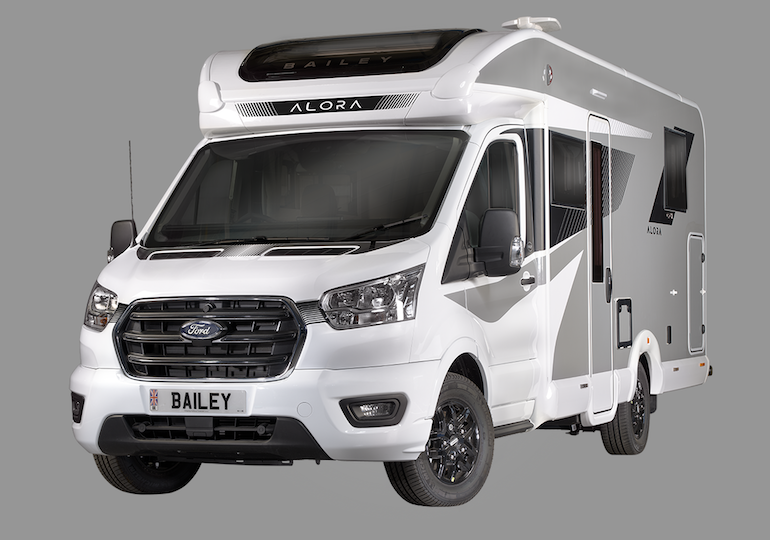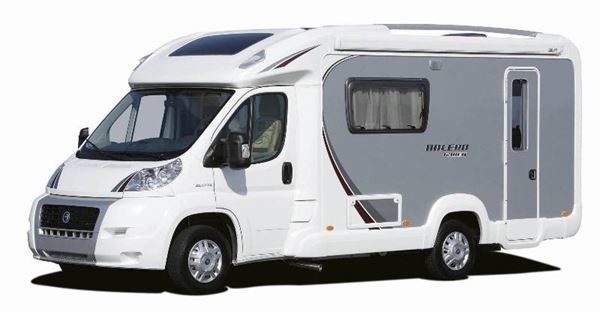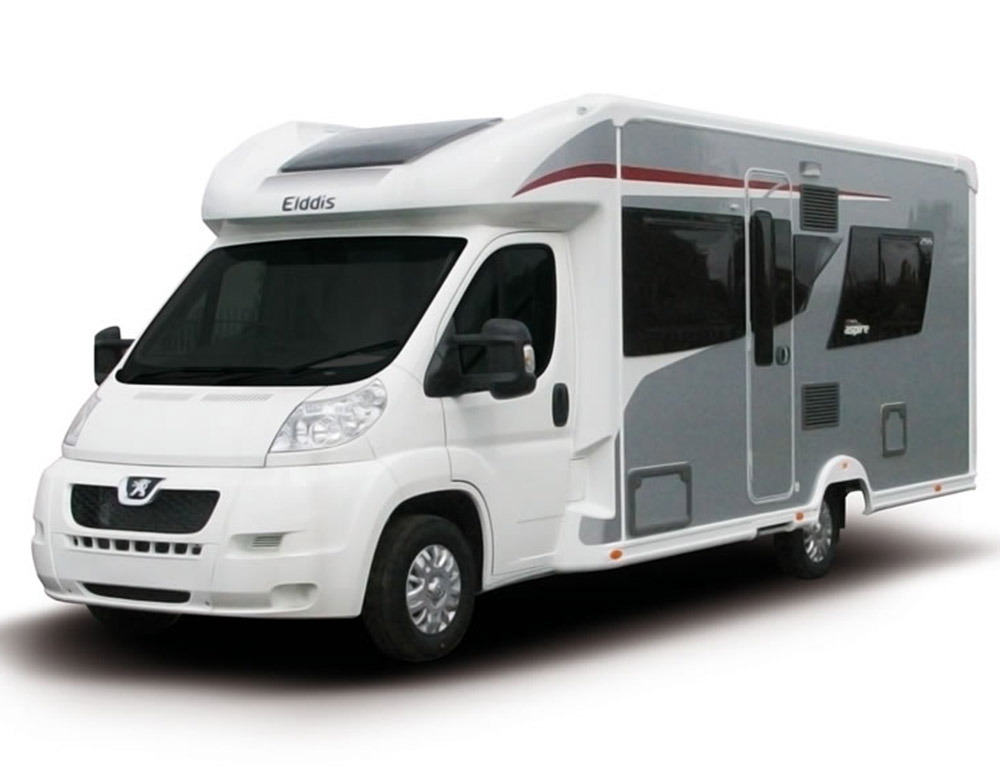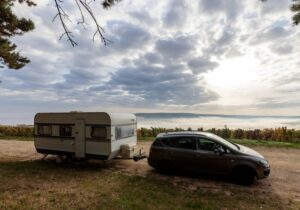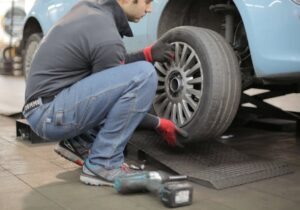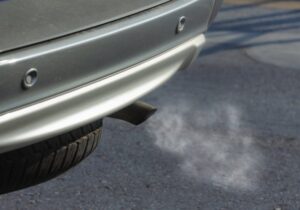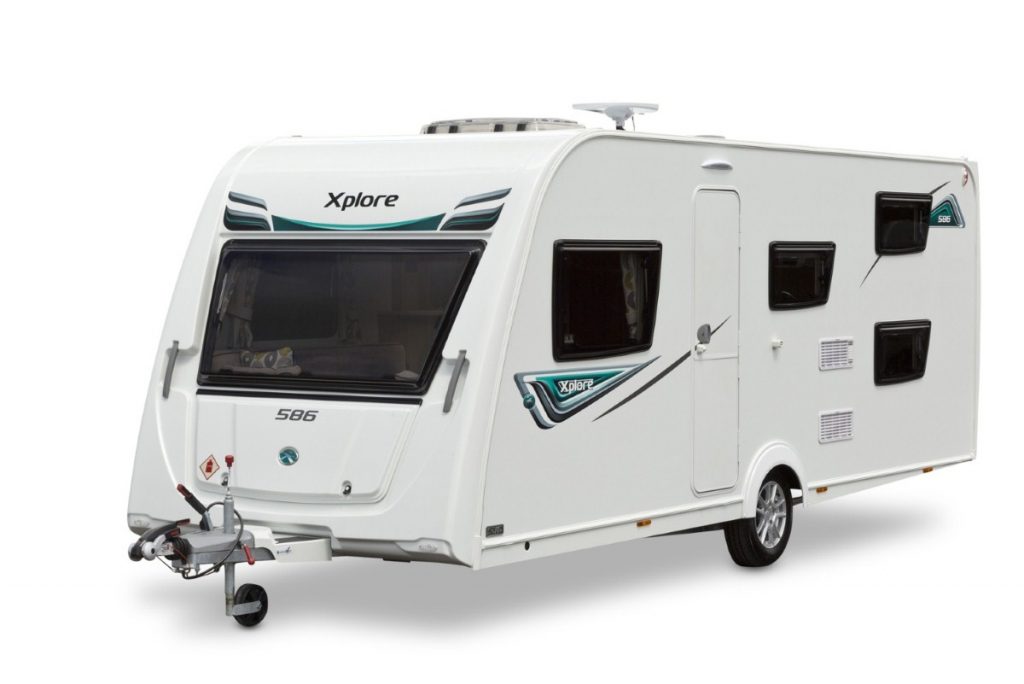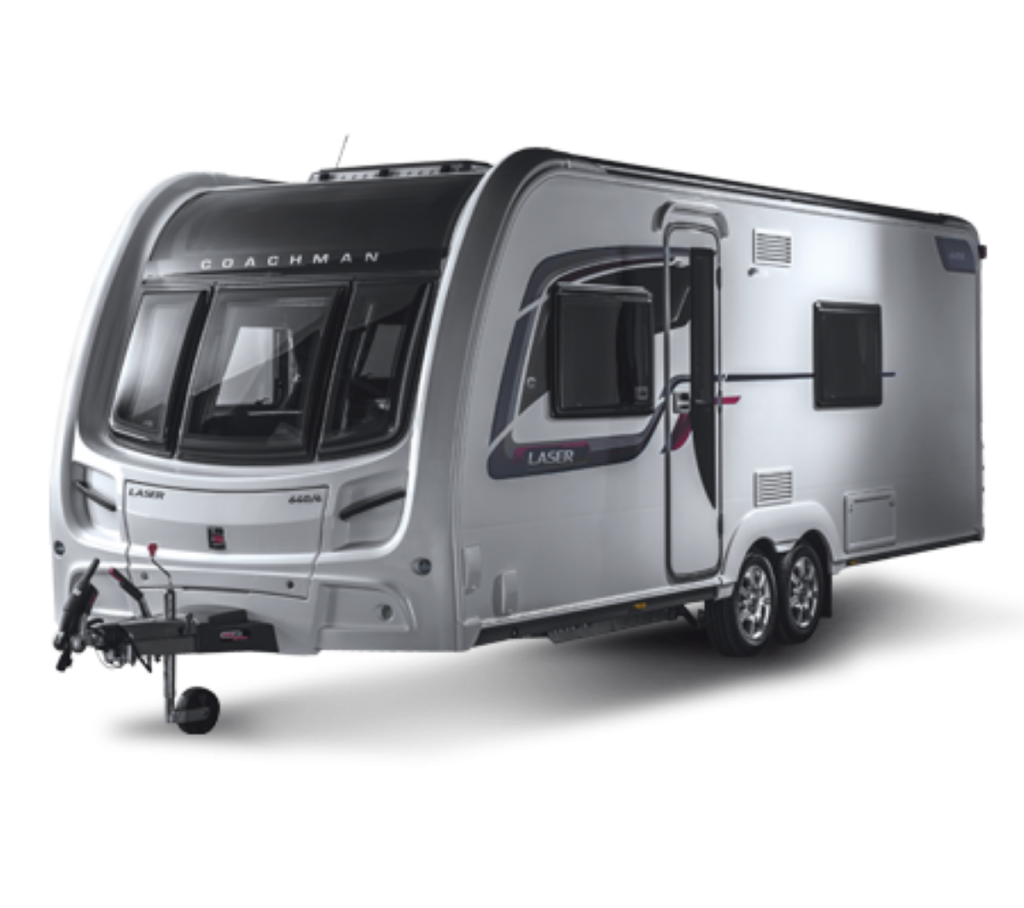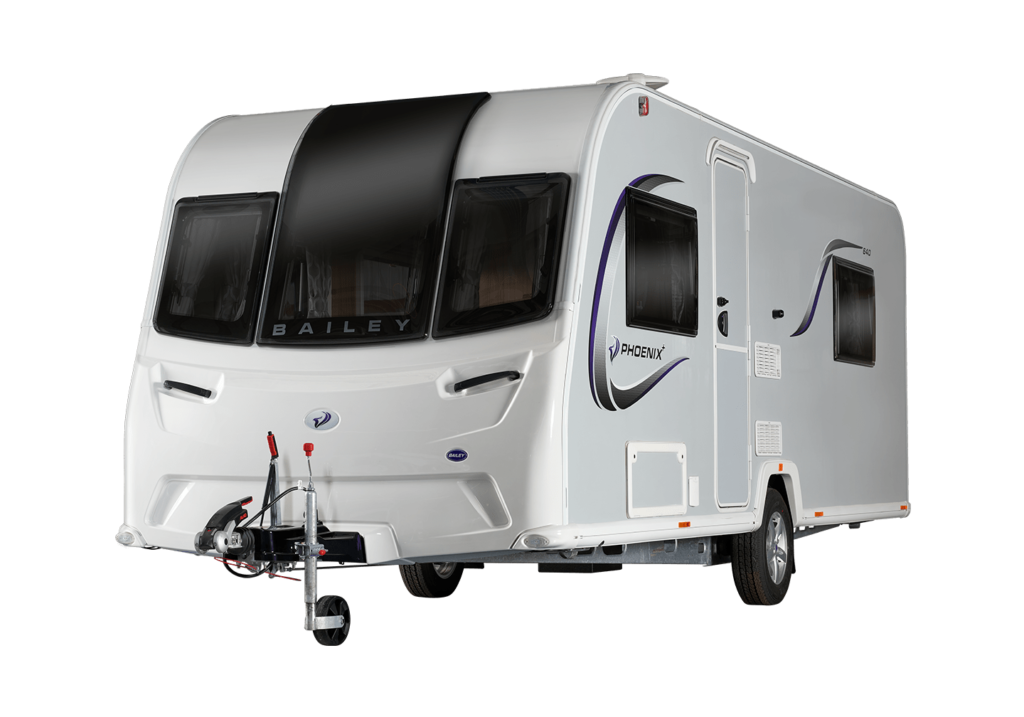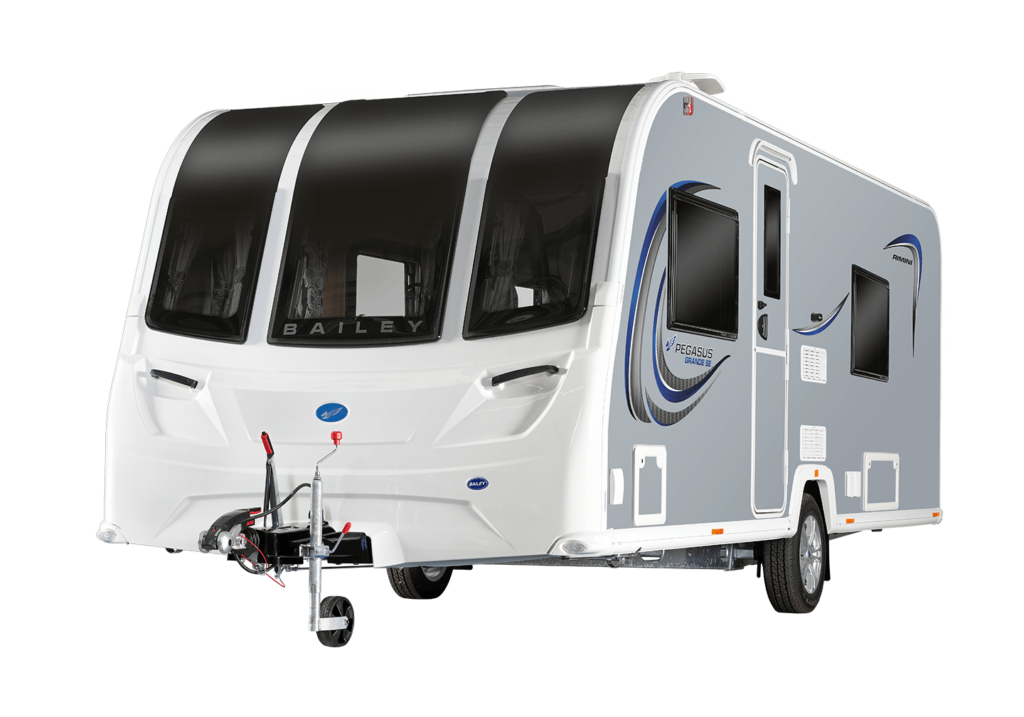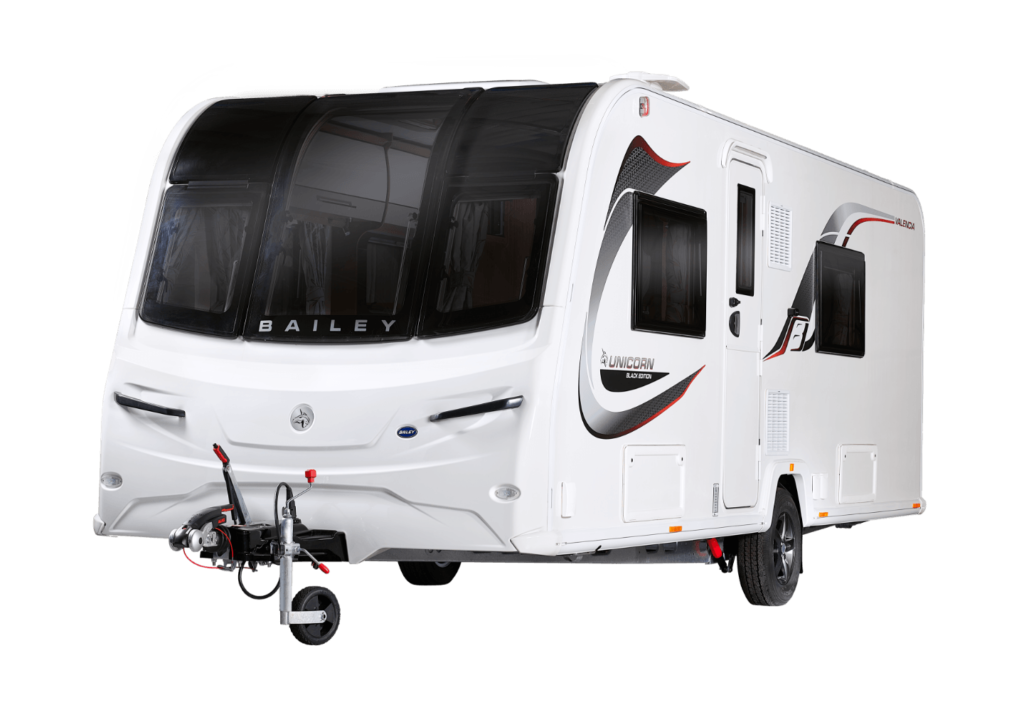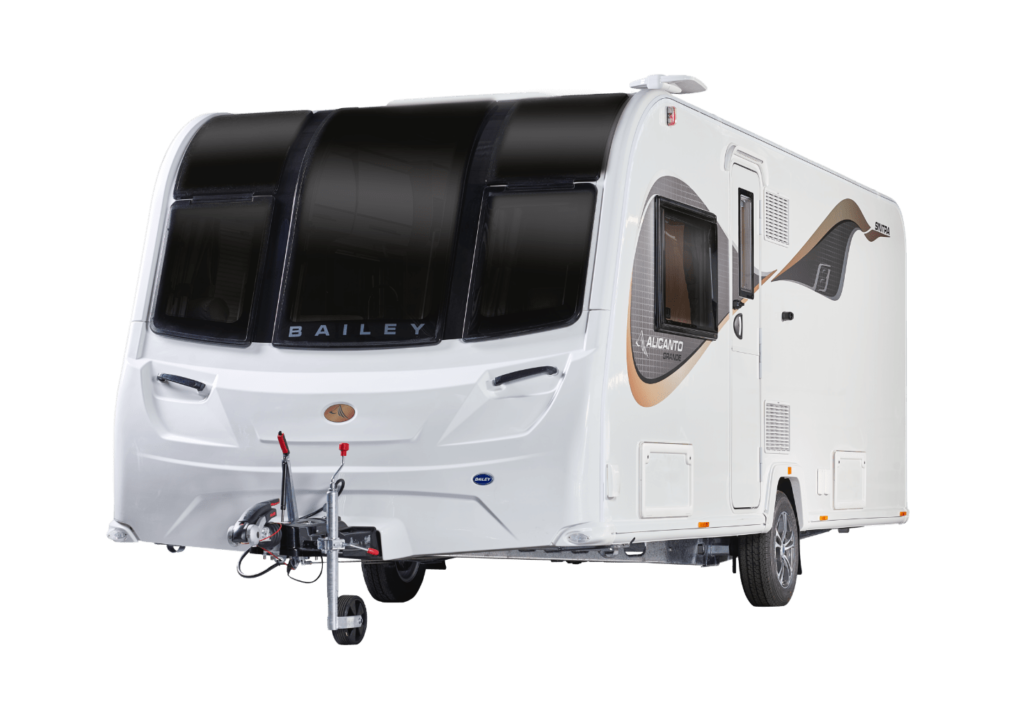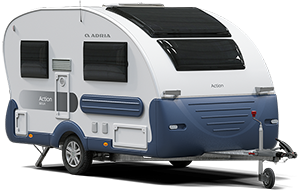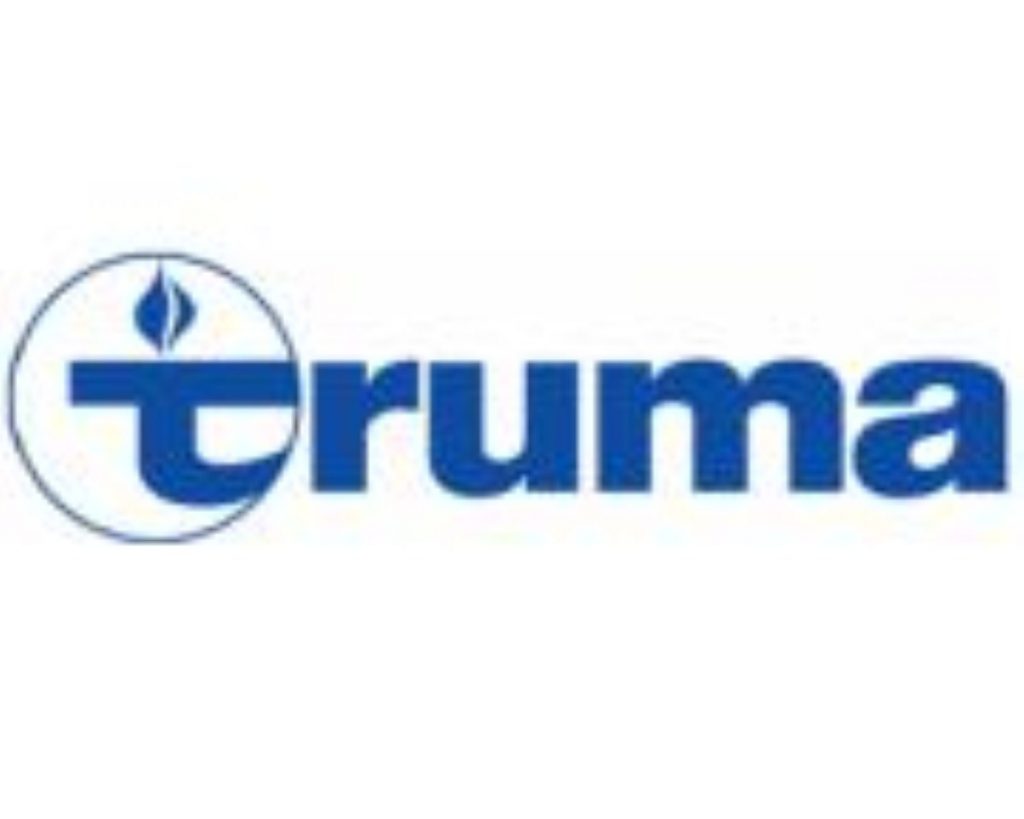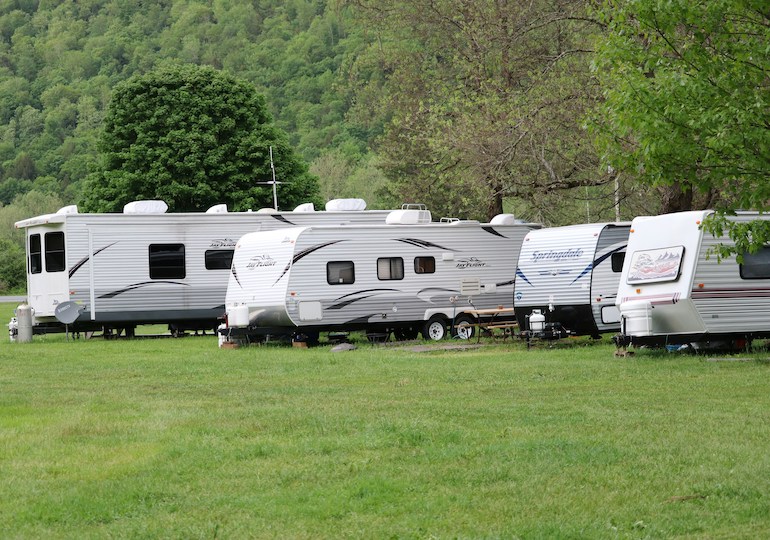By William Coleman
Recently CaravanTimes spoke to Ross Edwards, Managing Director of Travelworld, who wanted to share his thoughts on the diesel engine and why they are not as bad as some people may think. The below article comes directly from the man himself.
Ross Edwards Article
With the recent news that Hamburg will be the first German city to ban older diesel engines, coupled with a flood of ‘dirty diesel’ media coverage over recent years, it’s understandable that customers have been prompted to think cautiously about diesel when considering a new motorhome.
But, there is an important distinction to be made between ‘dirty’ diesel engines and cleaner diesel engines in new motorhomes; a difference that prospective buyers can benefit from knowing.
Older diesel engines, i.e. those that were built before the Euro 4 standard in 2005 are those considered to be the most harmful to the environment and are commonly referred to as ‘dirty’.
Conversely, new motorhomes are fitted with diesel engines that comply with the new European Commission standards of Euro 5 and Euro 6, introduced in 2009 and 2014, respectively, with the aim of reducing harmful levels of exhaust emissions from both petrol and diesel engines.
Both Euro 5 and Euro 6 are fitted with particulate filters and Euro 6 engines have emissions control technology that converts up to 99% of combustion engine exhaust pollutants and particulates.
What does this mean when entering low emission zones in cities?
Many motorhomers are concerned about their eligibility to enter cities with low emission zones and it is understandable that there is some confusion as the rules and limitations within each city do vary for drivers of all types of vehicles.
However, it is key to remember that your motorhome, if it is compliant with Euro 5 or Euro 6 standards, will not, in the large majority of cases, prevent you from entering low emission zones in European cities.
A recent change in this area will be the introduction of a new ultra-low emission zone in London which will take effect on 8th April 2019. Even in these circumstances, diesel engine motorhomes that meet Euro 6 standards will be permitted to enter without incurring a charge.
In addition, the London Toxicity charge which commenced in October 2017 and spans the same area as the congestion charge only excludes owners of the most polluting vehicles which do not meet Euro 4 standards.
And the future?
Investment into diesel technology is nothing new and research and innovation into lowering emissions continues. As a response to the Euro 6 emissions regulations, the use of AdBlue in Selective Catalytic Reduction (SCR) processes has risen enormously and the imminent arrival of the Euro 6+ engine which will reduce emissions even further marks another new chapter in improvements.
Manufacturers such as Fiat, Iveco and Mercedes Benz are making a difference too. Iveco offered its Euro 5 emission levels four years before it became mandatory and it continues its research into optimising diesel engines to reduce emissions and fuel consumption. Similarly, Mercedes Benz is working extensively on a full range of diesel technologies, for example, software updates to reduce NOx emissions.
Manufacturers also have plans to electrify some of their commercial vehicle ranges. However, it is crucial to note that although diesel engine innovation and development is high on the agenda for motorhomes, it will not be following quickly in the footsteps of the car industry when it comes to alternative fuel generation.
At present, diesel remains by far, the wisest default choice for those using vehicles for long journeys and customers should still feel free to enjoy the benefits of diesel engines i.e. low Co2 emissions and greater fuel efficiency and performance.
Rightfully, customers are demanding cleaner engines, increased reliability, lower running costs and most of all, an assurance that their diesel-engine motorhome will continue to hold its value. It’s safe to say that all these needs are being met and will continue to be met. The long-term plans and high level of investment into diesel technology by leading manufacturers is testament to a solid and long-term future for diesel.











